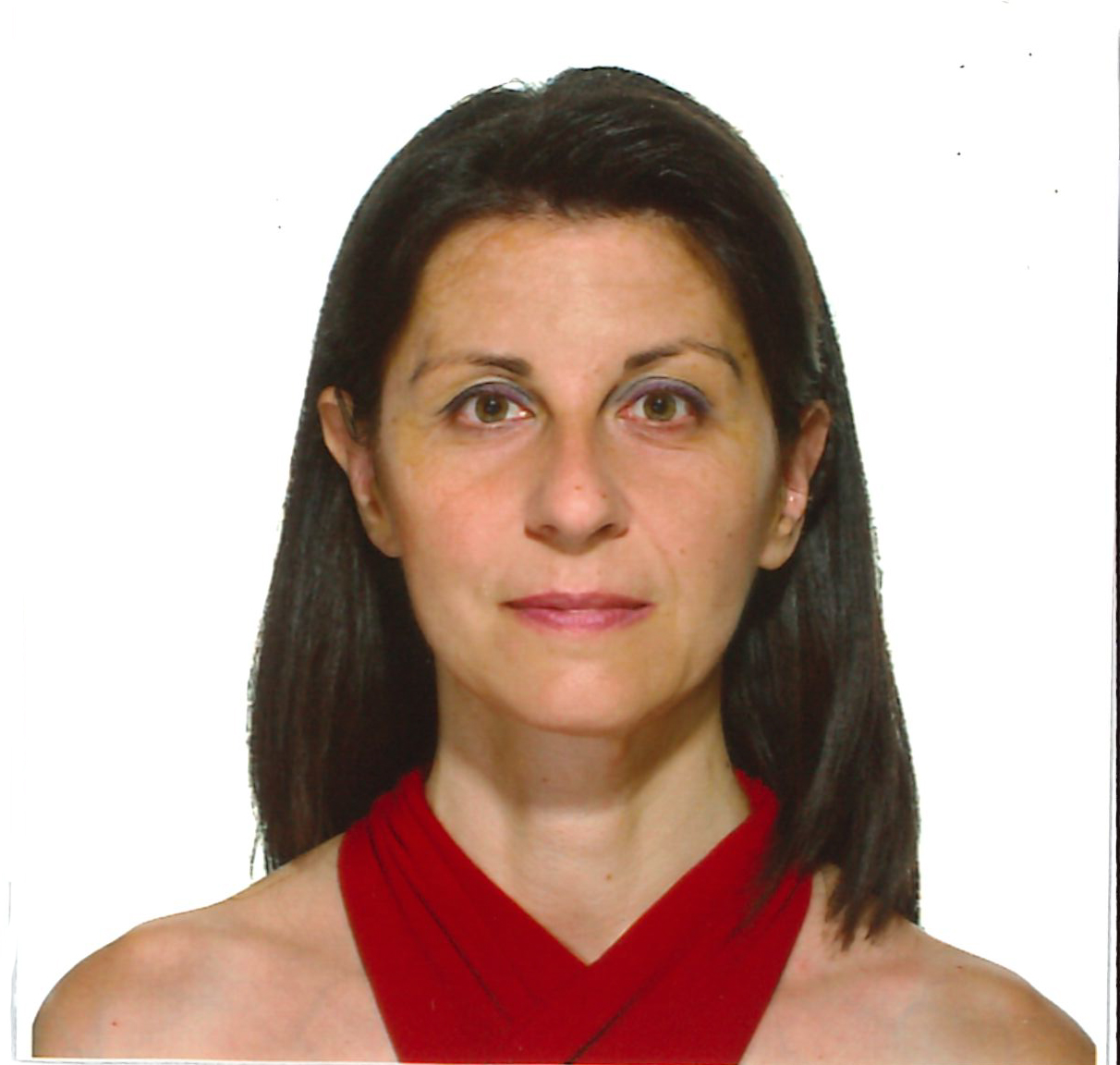It feels insufficient to say that children from Syria are suffering from Post-Traumatic Stress Disorder; these children of war have experienced more trauma—physical and emotional—than the medical professionals who care for them have ever seen, including the shredded remains of one or both parents, blown apart by a regime barrel bomb, a Russian cruise missile, or US airstrikes. Dr. Mohammad Hamza, a neuropsychiatrist with the Syrian-American Medical Society, has coined the term “Human Devastation Syndrome,” to describe the ways these children have internalized their disaster. The brutal tactics of the Syrian War including the use of chemical weapons, sieges, mass executions, and torture against civilians have resulted in these children experiencing images of dismantled people who are their parents or their siblings as a disaster. These psycho-emotional experiences are exacerbated by the crushing of poverty and exploitation that children face every day in the refugee camps in Jordan, Turkey, and Lebanon, where one in fi ve out of half a million people are under the age of eleven. This presentation aims to highlight the results of the research on the new term “Human Devastation Syndrome” and point out the main differences between it and Post-Traumatic Stress Disorder.
Dr. Mary Stylidi works as Special Education Personnel at the Institute for Studies and Research in Mainstream and Special Education of the Greek Ministry of Education, Research and Religious Affairs. Currently, she is deployed as an External Expert for the United Nations High Commissioner
for Refugees (UNHCR) in Aleppo, Syria, as well as a Regional Commissioner for the Unaccompanied Minor Refugees in Greece on behalf of UNHCR. She is a certifi ed International Rescuer in the Field of Technical Rescue and a Delegate in the International Committee for the Red Cross in Geneva. She is also a Researcher at the Department of Defense and Military Psychology of the Institute of International Relations in Athens.
Lecture will be streamed online here


